Top survey incentive ideas
- Cash
- Gift cards
- Coupons
- Vouchers
- Merchandise
- Sweepstakes
- Charitable donations
- Recognition-based incentives
- Partnerships
- White papers and other valuable content
- Point-based systems
Getting reliable customer feedback is imperative for making informed decisions about your business or organization. And when it comes to gathering that feedback, one of the most effective data collection tools at your disposal is the tried-and-true survey.
But getting responses to your survey can be a challenge, and there are lots of ways to get it wrong — through developing poorly designed surveys, providing unclear instructions, using overly complex question wording, creating surveys that are too long or require too much effort to complete, targeting the wrong market segment, and so on.
Unfortunately, even if you’ve designed a perfect survey that doesn’t include any of the problems above, you can still fall short of the response rate you’d like.
That’s where a survey incentive comes in.
In this article, we’ll define survey incentives, share 11 top survey incentive ideas, and highlight the advantages and disadvantages of using survey incentives to increase survey participation.
Learn how GGU School of Law effectively utilized surveys to gather valuable insights and improve their processes. Discover how you can enhance your survey strategies with survey maker.
The purpose of survey incentives
A survey incentive is a reward given to respondents in exchange for filling out a survey. This reward can be monetary (such as cash, gift cards, or checks) or non-monetary (as in sample products and merchandise, charitable donations, sweepstakes, giveaways, and other non-monetary rewards).
The role of a survey incentive is, of course, to increase the number of survey responses. Studies have shown that incentives increase response rates and that monetary incentives can be especially effective.
Survey incentives can be prepaid or promised. Respondents get prepaid incentives before they take the survey, while promised incentives come after they’ve completed one. While prepaid incentives tend to be more effective at increasing response rates, it can be expensive to provide them because you have to offer them to everyone — whether they respond to the survey or not.
Top survey incentive ideas
We’ve broken the survey incentive ideas down into categories to make it easier for you to find the one that fits your situation best.
Monetary survey incentives
As previously mentioned, monetary incentives include cash, gift cards, checks, and money orders. Since monetary incentives tend to result in higher response rates, you may want to consider using them when you have a hard-to-reach target population, such as busy professionals like C-suite executives, or when you want to encourage respondents who didn’t answer the survey the first time.
1. Cash
You can offer cash via a payment system like PayPal or through direct deposit. You can also consider checks and money orders, but keep in mind you’ll need physical addresses to send payment to respondents. If you serve a global audience, this probably isn’t the best approach.
In terms of the amount of the cash reward, it depends on your budget and your target audience. If your survey is short, simple to complete, and geared toward students or non-professionals, you might consider offering $10 or less. If the survey is longer and geared toward marketing managers, C-suite executives, or similar busy professionals, $30–$100 is more appropriate.
2. Gift cards
Gift cards are similar to cash incentives, and you get the added bonus of being able to give gift cards for your own company’s products or services, if applicable (which will help promote your business). If that doesn’t make sense for your particular situation, there are many other good options here — Amazon, Target, and Starbucks are popular choices in the gift card category. Even gas cards can work, depending on the target audience.
Gift card amounts in the $5–$20 range are a good choice here.
Non-monetary survey incentives
3. Coupons
You can offer markdowns and percentage-off coupons for your own products and services or for businesses popular with your target audience — as long as they’re not direct competitors. Percentages that work well are 10–25 percent off.
4. Vouchers
If you have good relationships with other businesses in your area, you can offer vouchers for their products and services — again, as long as they’re not your competitors. For example, vouchers for services like yoga sessions, fitness classes, or spa days can work well.
5. Merchandise
Branded products and merchandise are effective survey incentives. Pens, mugs, baseball caps, T-shirts, tote bags, stationery, drinkware, and other items are all popular items in this category. You can also offer limited-time free trials to your products or services.
6. Sweepstakes
Sweepstakes are a great reward idea because you can invest your incentive budget into a single prize. And if the prize is compelling enough, it will generate buzz for your business as respondents enter the sweepstakes and share the news with their colleagues, family, and friends. Since there are laws governing sweepstakes, you’ll want to make yourself familiar with those or hire an attorney to guide you.
7. Charitable donations
Not everyone is motivated by cash, merchandise, or other similar survey rewards. An altruistic incentive like a charitable donation can be more effective for some. Participants will feel good knowing they contributed to a worthwhile cause, and you’ll generate goodwill for your brand.
8. Recognition-based incentives
These kinds of incentives include acknowledging participants in any published research where you used the survey feedback, a follow-up email with survey results, social media shout-outs and shares on your brand’s social media channels, or a mention in your company’s newsletter.
9. Partnerships
With partnerships, two companies pair up to do collaborative survey research. Each company
then provides discounts or other incentives to the survey respondents of the partner company, both companies gain more exposure, and everybody wins.
10. White papers and other valuable content
If your company produces white papers, e-books, market reports, webinars, or other high-value content, these can make excellent survey incentives, especially if respondents are in the same industry.
11. Point-based systems
A points-based system allows participants to earn points for each survey they take until they accumulate enough points to exchange for a reward. This, in turn, encourages customer loyalty.
Other survey incentives include trial subscriptions, loyalty programs, early access to special features and products, referral rewards, digital downloads and other free content, membership subscriptions, and more.
Pros and cons of survey incentives
While survey incentives can increase the number of responses to a survey, there are both advantages and disadvantages to providing them.
Pros
- Incentives can boost survey completion by up to 30 percent.
- The right incentive can encourage survey participation from otherwise hard-to-reach people like C-suite executives and other busy professionals.
- Survey rewards can build goodwill for your brand.
- Incentives can be especially useful for getting respondents to complete longer or more complex surveys.
Cons
- Incentives may attract people who are only interested in the incentive rather than respondents in the ideal target audience.
- Some respondents may provide inaccurate information in order to get the incentive, which creates data integrity issues.
- There’s a potential for survey bias, as the reward you offer respondents for completing a survey may influence their responses.
- Truly compelling incentives can be out of budget for many organizations.
Powerful surveys with Jotform
With Jotform, you can build engaging surveys using our premade survey templates. With over 1,000 premade survey templates to choose from, you can easily find one that fits your specific needs. Once you choose your preferred survey template, use the Jotform Form Builder to design, format, and customize a stunning, user-friendly survey for your audience — no coding experience required.
You’ll also be able to share, collect, and analyze your survey results with our free online survey maker. Use the drag-and-drop functionality, add your own questions, set up conditional logic, and share your custom survey with your audience to start collecting responses instantly.You can also track survey submissions and collect, organize, manage, and share data using our powerful all-in-one database tool, Jotform Tables.
Photo by William Fortunato



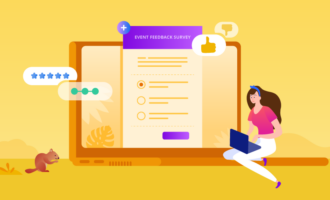



















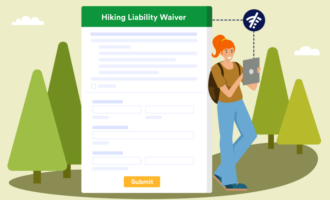























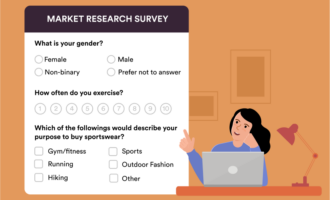






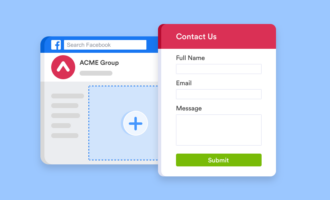


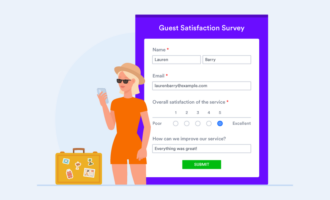











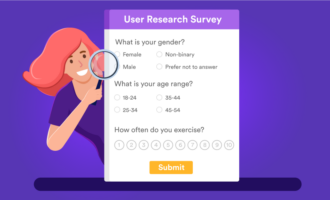











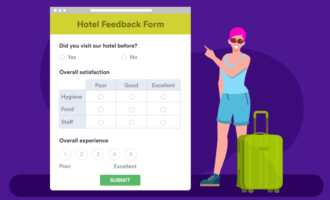





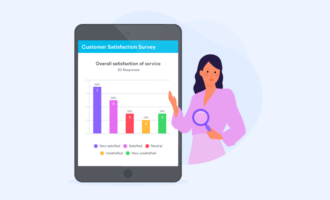
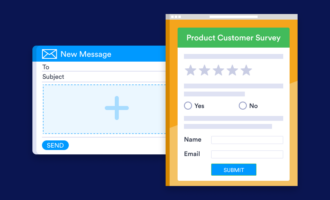






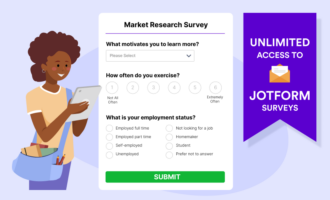

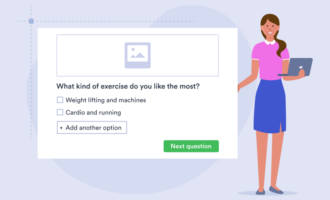





Send Comment: